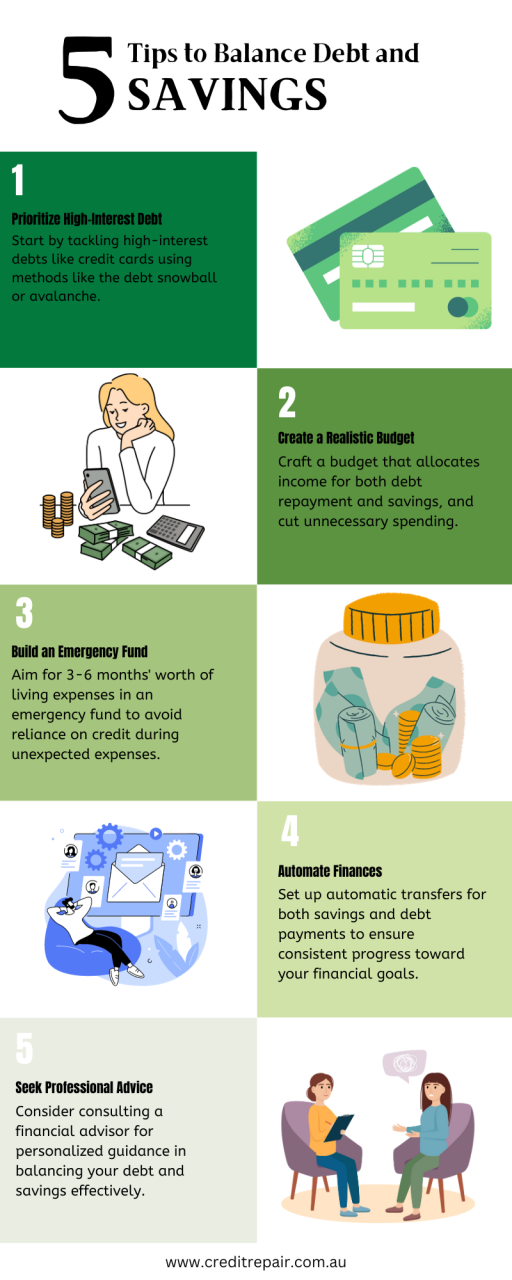Wednesday, 18 January 2023
8 things on your credit report that may scare lenders
The information contained on your credit report is one of the most important factors in determining whether a lender will give you credit or not. Each lender has slightly different criteria when assessing the suitability of a potential borrower, however they all have the same goal; to make sure that you are able to repay the loan.
What should you avoid doing?
When you apply for a loan, you want to avoid anything that may be considered risky from a lender’s point of view. Some of the credit report items that may scare lenders and hurt your chances of getting your loan application approved, include:
High volumes of credit enquiries
Shopping around to get the best deal on credit cards can’t hurt, right? Wrong! Too many credit enquiries can affect your credit as they signal that you’ve fallen on hard times financially and you are using credit to get by. Every time you make a credit application and give the lender permission to check your credit report, an enquiry is listed. These listings remain on there for 5 years, even if you decide not to proceed with the application. It’s still important to shop around to ensure you’re getting the best deal, but only apply once you’ve made the decision on the one you want.
Late or missed payments
Consistently being late on your payments and completely ignoring your bills will hurt your credit score. If you owe more than $150 for over 60 days, creditors will likely report the default to the credit reporting agencies. Defaults are a huge red flag for lenders, and they show on your credit report for 5 years, even if the default is paid.
Minimum payments
If you have a high credit card balance (more than 30% of your credit card limit), and you consistently pay the minimum repayments, it may suggest that you are under financial stress and you can’t pay the balance in full. Lenders will see this as a red flag and will likely decline your loan application.
Cash advances
Cash advances from a credit card are often seen as risky by lenders. The interest rates for these are usually higher than other sources of credit and can be seen as a last resort. Lenders may identify this as a signal that you’re struggling financially.
Co-signed loans
If you have co-signed a loan for a loved one but you are not involved in making the repayments, you may think the debt is not yours, however lenders will still see you as one of the primary borrowers. Having extra debt will increase your debt-to-income ratio, which means they may lend you less than the amount you requested. In addition, if the person you co-signed for stops making payments, you are also liable for the debt. If no payments are made within 60 days, a default will likely show on your credit report.
Clear-outs
A clear-out occurs when creditors make reasonable efforts to get in contact to seek payment from you, but they haven’t been able to get in touch. Clear-outs remain on your credit report for 7 years. If you pay the debt, the clear-out will still show on your credit report but its status may change to ‘paid’.
Court judgements
A judgement shows that you not only didn’t pay your bills, but a court had to get involved to make you pay the debt. Even if you have since paid the debt, the judgement will remain on your credit report for several years.
Undischarged bankruptcy
If you apply for credit after filing for bankruptcy, chances are you will be declined, unless the bankruptcy has been discharged from the court. Lenders don’t want their loan included in your bankruptcy, so they require a formal letter of discharge from the court before considering your application.
Worried that your credit history may scare lenders?
If you are worried about your credit history, you can find out what’s on your credit report free of charge. If there is a blemish on your credit file, like a default (black mark), there is help to turn things around. Credit restoration agencies specialise in removing many of the items mentioned above, so that you can get your loan application approved.
If you need to repair your credit report, click here to get started.
since version 3.0.0 with no alternative available. Please include a comments.php template in your theme. in


 You're an Australian resident
You're an Australian resident You're between 18-65 years old
You're between 18-65 years old You or your partner have a regular income
You or your partner have a regular income You may need to borrow money or take control of your debt
You may need to borrow money or take control of your debt You may have been declined for a loan or have trouble paying your debt
You may have been declined for a loan or have trouble paying your debt We'll work with you fully understand your financial situation
We'll work with you fully understand your financial situation We will help you understand your credit report and the areas for improvement
We will help you understand your credit report and the areas for improvement You may yourself without charge obtain a copy of your credit record and challenge any entry on your credit report
You may yourself without charge obtain a copy of your credit record and challenge any entry on your credit report If you're applying for credit restoration improvement, we cannot guarantee that all adverse credit notations are removed from your credit report
If you're applying for credit restoration improvement, we cannot guarantee that all adverse credit notations are removed from your credit report We can only use our best endeavours to ensure that your credit record is true and correct
We can only use our best endeavours to ensure that your credit record is true and correct We will not provide you with any Insolvency services unless and until we've advised you that you may obtain help, free of charge, with credit and debt related problems from community based financial counsellors.
We will not provide you with any Insolvency services unless and until we've advised you that you may obtain help, free of charge, with credit and debt related problems from community based financial counsellors.





Leave a Reply